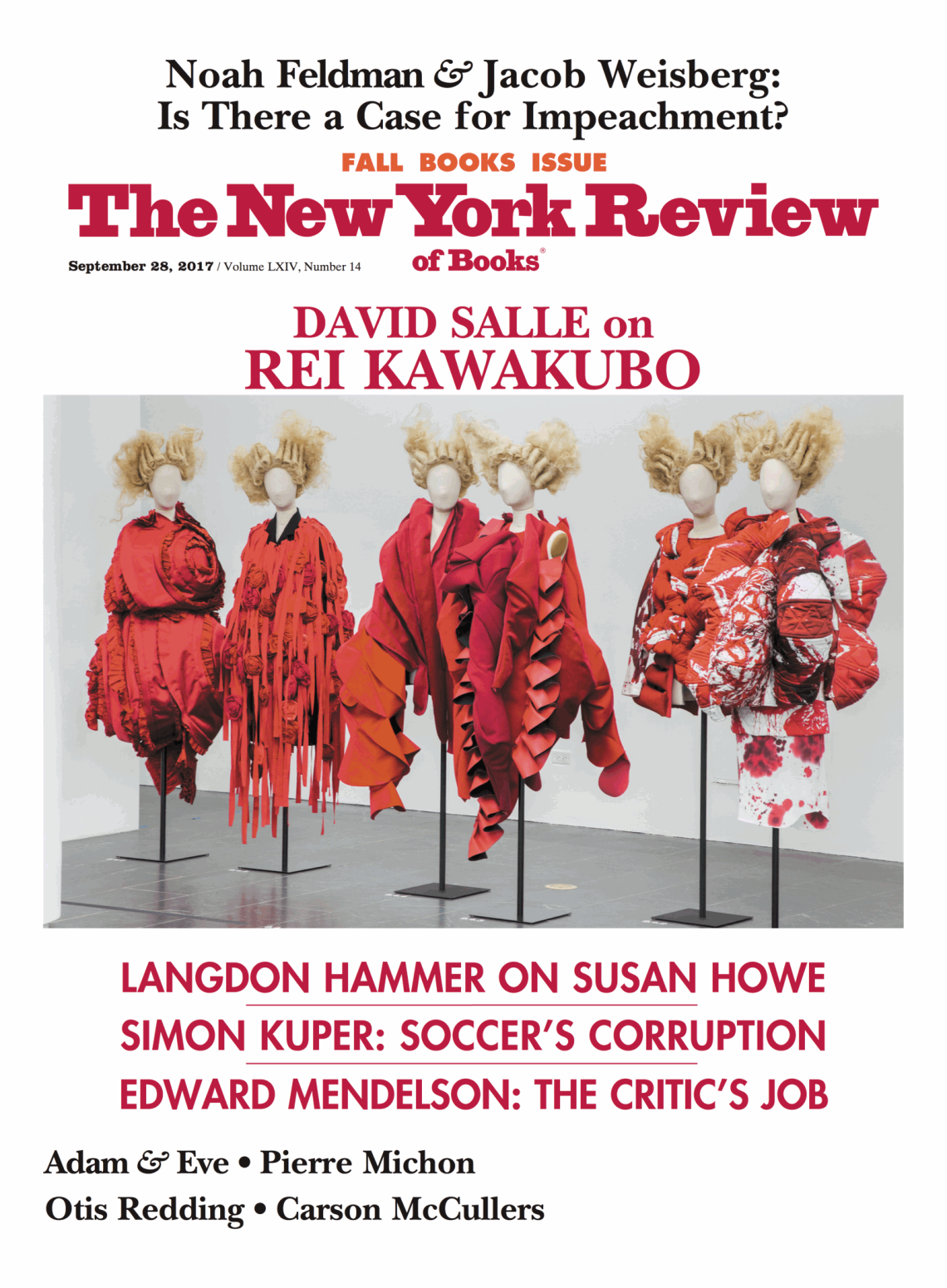In response to:
A Better Way to Choose Presidents from the June 8, 2017 issue
To the Editors:
As a former Chair of the Australian Electoral Commission, can I comment on the thoughtful piece by Eric Maskin and Amartya Sen [“A Better Way to Choose Presidents,” NYR, June 8]? In Australia since the 1920s voting at state and federal elections has been compulsory. At the 2016 federal election, voter turnout was 95 percent, compared with 58 percent in the US election that year. Arguably compulsory voting lessens the need to appeal to a party’s hard-core supporters, to make sure they vote. Thus debate tends to be less polarized.
Also Australian voters are required to number all candidates in order of preference. If no candidate gets a majority on the first count, the candidate with the lowest number is eliminated and his or her votes go to the candidate numbered 2. This process continues until a candidate has a majority. For example, in 2000 Ralph Nader’s second preference votes would probably in the main have gone to Al Gore as being more appealing to Nader voters than George W. Bush.
Peter Heerey
Port Melbourne, Australia
Eric Maskin and Amartya Sen reply:
We appreciate Peter Heerey’s letter, and agree with much of it. The ranking method he describes for elections to the Australian House of Representatives is what we call Instant Runoff Voting (IRV) in our article “The Rules of the Game” [NYR, January 19]. In the 2016 Australian election, 15 out of 150 seats in the House were won by candidates who did not get a plurality of the first-place vote. That is, 10 percent of those elected would have lost under the US election system despite the fact that they would have beaten the (plurality) winners in head-to-head contests. Although IRV is not as effective as majority rule in reflecting what voters really want (as we discussed in our article “Rules”), it is clearly a lot better than plurality rule.
On the matter of reducing polarization in American elections, however, compulsory voting may not be the solution that Heerey thinks it is. According to US data, citizens who don’t vote tend to be less well informed about candidates and issues than those who do. Compulsory voting might well introduce a raft of additional voters who are more susceptible to the false claims and simplistic solutions of extremists.


